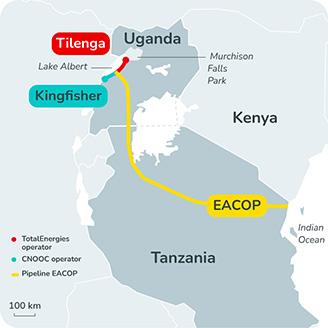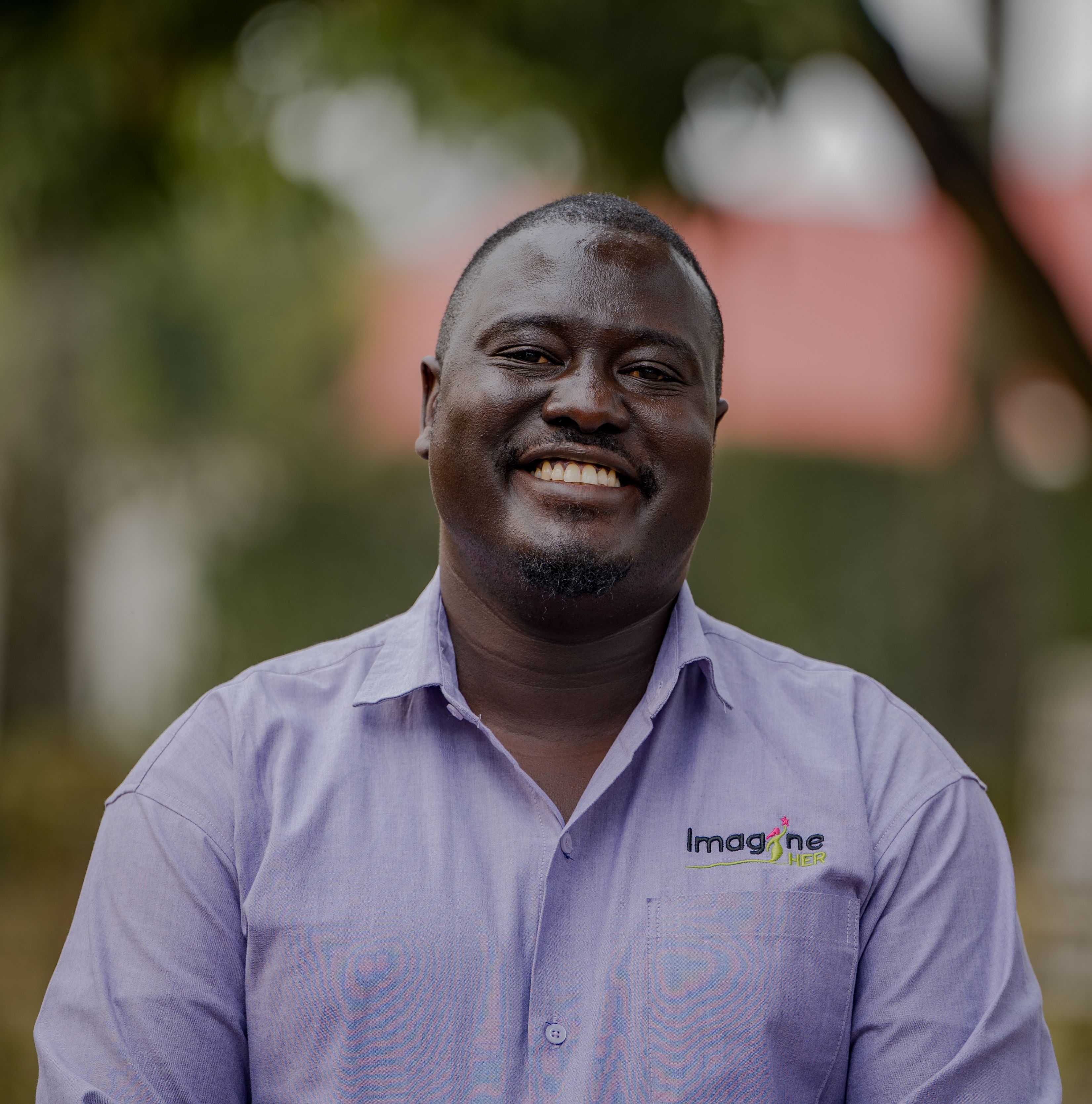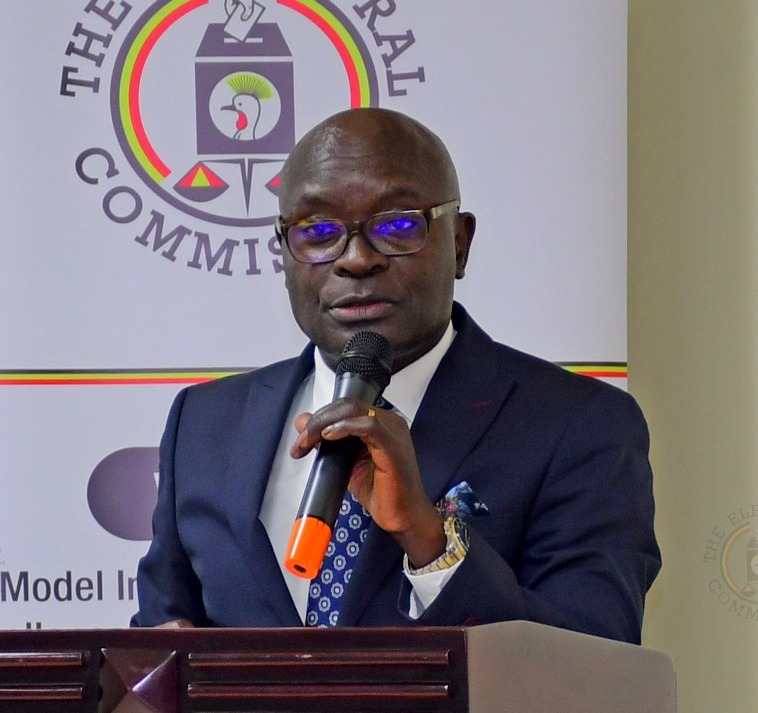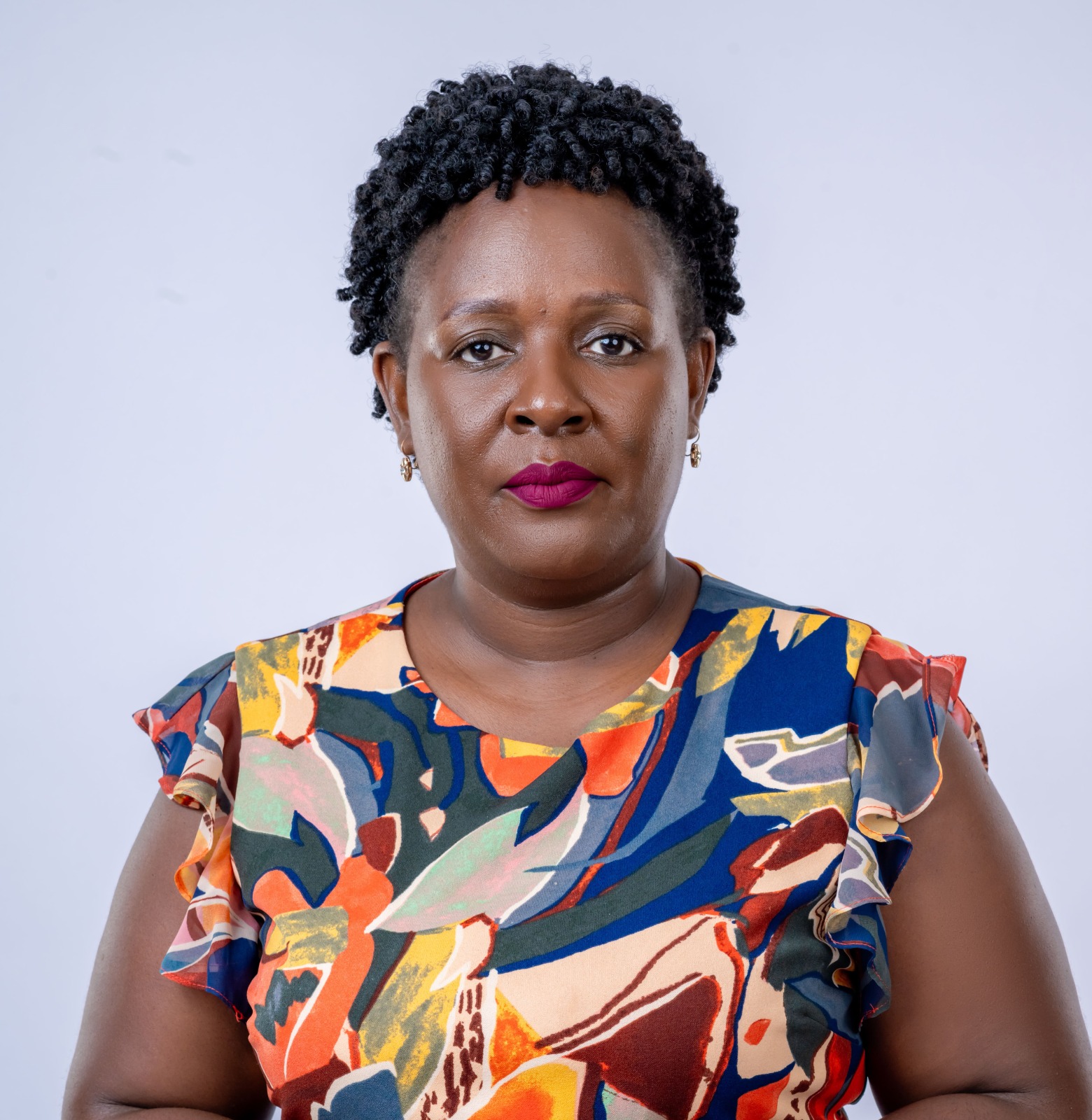Ongoing social media exhibitions manifest a shared responsibility for all Ugandans to be Human Rights Defenders
Article 38(2) further buttresses the work of human rights defenders by guaranteeing the civic rights of Ugandans, including their participation in peaceful activities to influence the policies of the Government through civic organisations.
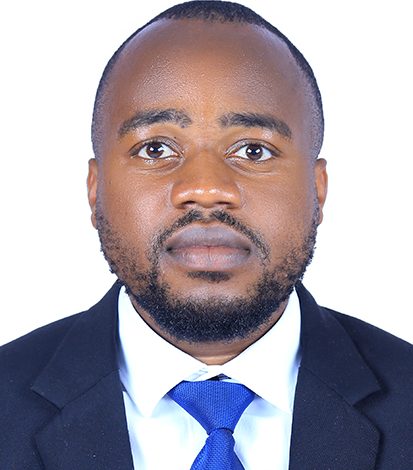
By Aryampa Brighton
Chapter Four of the 1995 constitution of the Republic of Uganda provides a Bill of rights that guarantees various rights and freedoms for persons in Uganda, including recognizing the existence and work of Human Rights Defenders under article 50(2) of the Constitution and empowering them to bring action against the violation of human rights and freedoms.
Article 38(2) further buttresses the work of human rights defenders by guaranteeing the civic rights of Ugandans, including their participation in peaceful activities to influence the policies of the Government through civic organisations.
As many reports have documented, nationwide the space for civic space is shrinking government, political leaders, and security organs and sadly corporate actors are increasingly restricting fundamental freedoms and repressing any form of dissent.
In the context of political, social, and economic development and transformation, many Ugandans are being tortured, and ravaged in detentions, and many civilians are being tried in military courts and others. Amidst all these threats, Ugandans must remain brave to create an environment for the enjoyment of inherent rights.
Many challenges faced by ordinary Ugandans are being exhibited in the ongoing famous exhibitions spearheaded by Jim Spire Ssentongo, Godwin Toko, Agatha Atuhaire, the famous Kakwenza Rukirabashaija, and others. These Ugandans are doing the most important role in keeping the State and other non-state actors in check and ensuring that the State and the non-state actors not only protect but also promote human rights and fundamental freedoms of the people of Uganda. This is exactly what the Uganda Human Rights Commission (UHCR), development partners, and other agencies should be doing; nonetheless, we need more brave Ugandans to hold government institutions accountable.
In the context of development projects, community members and people expressing concerns, voicing their opinions, or sharing information are often threatened, criminalized, attacked, and even murdered. These reprisals and threats send a chilling message to the wider community, curtail the opportunities for participation and engagement, and end up jeopardizing the success of the project itself, and this justifies why Uganda’s oil projects are struggling to get funders and insurers.
To build a Uganda that guarantees the enjoyment of all inherent rights in all spheres of political, economic, social, and cultural life and every other respect equally, all Ugandans must realize that the promotion and protection of human rights is a shared responsibility. Amidst victimization, misinformation, fabricated criminal charges, forced disappearance, imprisonment, torture, intrusion, intimidation, and unlawful restricts from the state and state organs against those speaking out on human rights abuses, we must join the exhibitors as all Ugandans to impose specific obligations on them to ensure that our communities and marginalized groups have the information, resources, protection and power to shape our country, access social amenities, participate in, or oppose development activities, and to hold development financiers, government and companies accountable. With collective efforts, we can build a Uganda in which individuals, communities, groups, and peoples can exercise their fundamental human rights, determining and pursuing their priorities about their lives, their futures, their lands, and natural resources.
All power belongs to the people who shall exercise their sovereignty by the constitution.
The writer is a lawyer and Chief Executive Officer, of Youth for Green Communities (YGC).



